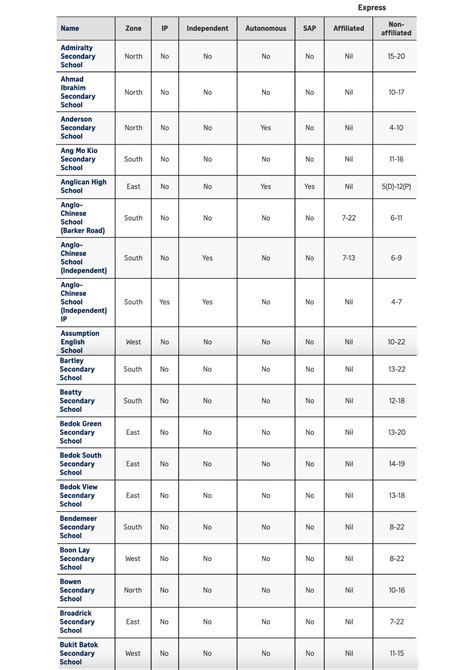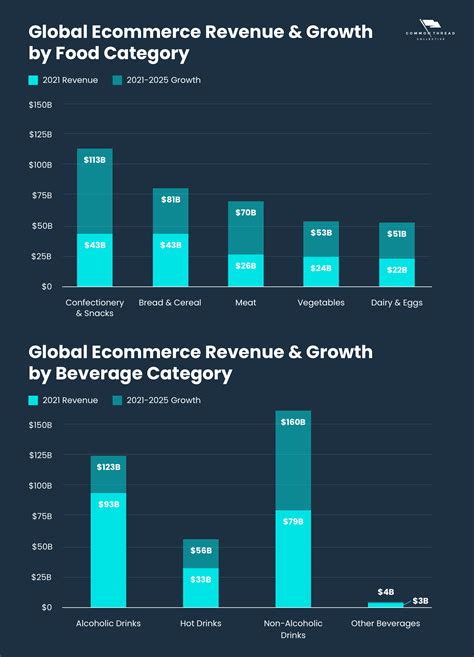Introduction

Diabetes 2, a chronic condition that affects blood sugar levels, can significantly impact your diet. Choosing the right foods is essential to manage your blood sugar and live a healthy life. However, knowing which foods to avoid can be challenging. This comprehensive guide will shed light on the specific foods you should steer clear of if you have diabetes 2.
Foods to Avoid with Diabetes 2: The Ultimate 10
-
Sugary Drinks: These beverages, such as soda, juice, and energy drinks, are loaded with sugar and calories, spiking blood sugar levels rapidly.
-
White Bread, Pasta, and Rice: These refined grains lack fiber and nutrients, causing blood sugar to rise quickly after consumption.
-
Baked Goods: Pastries, cookies, and cakes are high in sugar, fat, and calories, making them a dangerous choice for people with diabetes 2.
-
Processed Meats: Bacon, sausage, and deli meats are often high in saturated fat, sodium, and nitrates, which can adversely affect heart health and blood sugar control.
-
Fried Foods: These foods, such as french fries, onion rings, and fried chicken, are high in unhealthy fats and calories, increasing the risk of heart disease and weight gain.
-
Starchy Vegetables: Potatoes, corn, and peas contain a high amount of carbohydrates, which can lead to blood sugar spikes.
-
Overripe Fruit: While fruit is generally healthy, overripe fruit contains higher sugar levels, making it unsuitable for people with diabetes 2.
-
Candy: Candy of all types, including chocolates, gummies, and lollipops, is loaded with sugar and should be avoided to prevent blood sugar spikes.
-
Flavored Yogurt: Many flavored yogurts contain added sugars and artificial sweeteners, which can significantly increase blood sugar levels.
-
Alcohol: Excessive alcohol consumption can interfere with blood sugar control and lead to other health problems.
Common Mistakes to Avoid
-
Ignoring Portion Sizes: Even foods that are considered “healthy” for people with diabetes 2 can cause blood sugar problems if consumed in large portions.
-
Substituting Sweeteners Indiscriminately: Artificial sweeteners may not be calorie-free and can still contribute to blood sugar spikes in some cases.
-
Skipping Meals: Going too long between meals can lead to low blood sugar (hypoglycemia), which can be dangerous.
-
Not Reading Food Labels Carefully: It’s crucial to pay attention to food labels and look for hidden sugars, carbohydrates, and trans fats.
-
Eating Out Too Often: Restaurant meals often contain high levels of fat, salt, and sugar, which can make it difficult to manage blood sugar levels.
How to Avoid These Foods: A Step-by-Step Approach
-
Make Gradual Changes: Don’t try to eliminate all the “bad” foods from your diet at once. Start by gradually reducing the portion sizes of unhealthy foods.
-
Focus on Whole, Unprocessed Foods: Fill your plate with fruits, vegetables, lean proteins, and whole grains to promote satiety and blood sugar control.
-
Plan Your Meals Ahead of Time: Preparing meals at home allows you to control the ingredients and portion sizes, helping you avoid temptations and unhealthy choices.
-
Read Food Labels Carefully: Make a habit of reading food labels to understand the nutritional content of what you’re eating.
-
Seek Professional Help: Consult with a registered dietitian or diabetes educator to create a personalized meal plan that meets your specific needs.
Why It Matters: The Benefits of Avoiding These Foods
-
Improved Blood Sugar Control: By avoiding foods that raise blood sugar levels quickly, you can stabilize your blood sugar and reduce the risk of long-term complications.
-
Reduced Risk of Heart Disease: Many foods that are harmful to blood sugar are also linked to heart disease. Reducing their consumption can significantly improve heart health.
-
Weight Loss and Maintenance: Limiting the intake of unhealthy foods can help you lose weight and maintain a healthy weight, which can improve blood sugar control and overall well-being.
-
Increased Energy Levels: Avoiding foods that cause blood sugar spikes can prevent energy crashes and maintain稳定的 energy levels throughout the day.
-
Improved mood: Eating a healthy diet that is low in sugar and processed foods has been shown to improve mood and cognitive function.
Conclusion
Managing diabetes 2 requires thoughtful dietary choices. By avoiding the foods outlined in this guide, you can significantly improve your blood sugar control, reduce your risk of complications, and enhance your overall health. Remember to consult with a healthcare professional to determine the best dietary approach for your individual needs.












